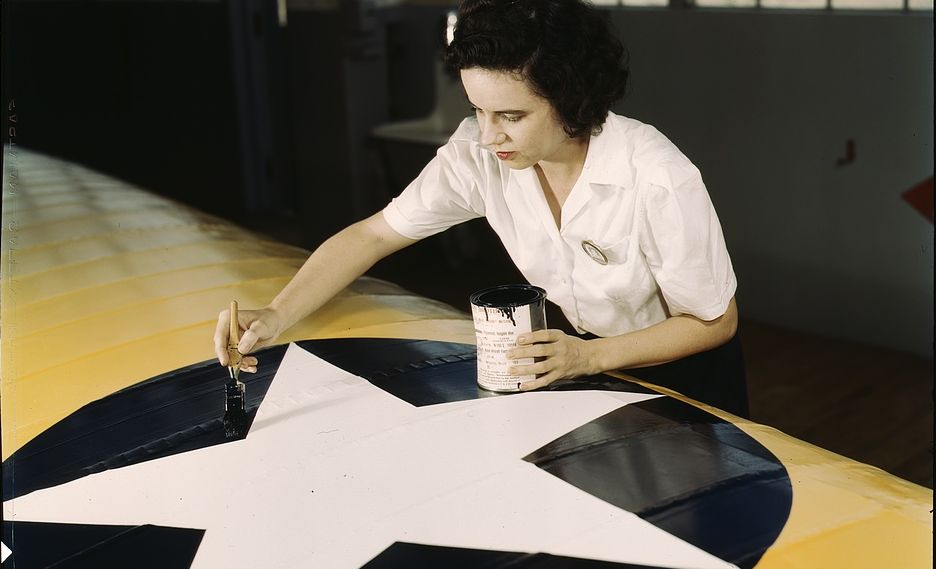January 2011
Rooster is the common term today for a male chicken, and most people utter it without realizing that it is a euphemism, a “good” word employed in place of a “bad” one.
The word rooster is an Americanism, and its appearance in the written record toward the end of the eighteenth century helps signal a major cultural and linguistic change, as people began to be much more fastidious when speaking of sex, death, and their bodies. This is the period when bosom, limb, and donkey replaced breast, leg, and ass; when breeches and trousers became inexpressibles, unmentionables, and nether garments; when died was superseded on gravestones by passed away, laid to rest, and fell asleep; and when the sexually potent barnyard bull was converted into the cow brute, cow’s spouse, and gentleman cow.

He was, to Americans of a certain age, the urbane, well-bred, well-read, well-connected Englishman who hosted “Omnibus,” a cultural lighthouse that shone over the wasteland of network television in the 1950s. Later, from 1971 to 1992, he presented “Masterpiece Theatre,” the American shop window for the best drama from the BBC.
25 Years Ago
August 3, 1981 Members of the Professional Air Traffic Controllers Organization illegally go on strike. President Ronald Reagan announces that those who do not return to work will lose their job.
August 19, 1981 U.S. Navy
jets shoot down two Libyan
fighters that had opened fire on them over the Gulf of Sidra. Libya claimed the entire gulf as its
territory, while the United States insisted it was international water.
September 21, 1981 Sandra Day O’Connor is confirmed as the first female justice of the U.S. Supreme Court.
175 Years Ago
August 10, 1831 Capt. William Driver of the brig Charles Daggett hoists the American flag and says, “I name thee Old Glory.”
It is the first recorded use of that nickname.
200 Years Ago
On Monday, August 24, 1970, I was a graduate student in organic chemistry at the University of Wisconsin in Madison. My research laboratory was in the chemistry building, and that morning, I rode over on my bicycle to find broken glass everywhere. More than a thousand windows in 26 campus buildings had been shattered. One of them was mine.
Four Vietnam War protesters calling themselves the New Year’s Gang had stolen a van and loaded it with over ,000 pounds of an ammonium nitrate and fuel-oil mixture. At about 3:40 a.m., they parked the van outside the physics building that housed their target, the Army Mathematics Research Center, and detonated it. Army Math was reputed to have developed the technology to find and assassinate Che Guevara, but it was more likely using Department of Defense funding to conduct mundane theoretical research, just as I was using National Institutes of Health funds to do mine.
Jimmy Carter was at home in his study in Plains, Georgia, on October 6, 1981, when the call came in a little after daybreak. A reporter was on the line asking for his response to the attempted assassination of Anwar Sadat. The Egyptian president had been reviewing a military parade in Cairo when men in uniforms sprayed the crowd with bullets and hand grenades. Carter, shocked, asked for details. After being assured that Sadat had sustained only minor injuries, he gave the reporter a statement calling his friend Sadat a good and great man and condemning terrorism. He then phoned the U.S. ambassador in Cairo, who confirmed the report and told him that, according to information from Egypt’s minister of defense, Sadat would survive the attack.
The tiki civilization has a surprisingly broad literature. Much of it is still in print, but perhaps it’s best to start with the pioneering Trader Vic, whose Trader Vic’s Book of Food and Drink sold so well when it was published in 1946 that it is still available (from, among other places, Abebooks, whose anniversary we marked on page 10 of this issue).
